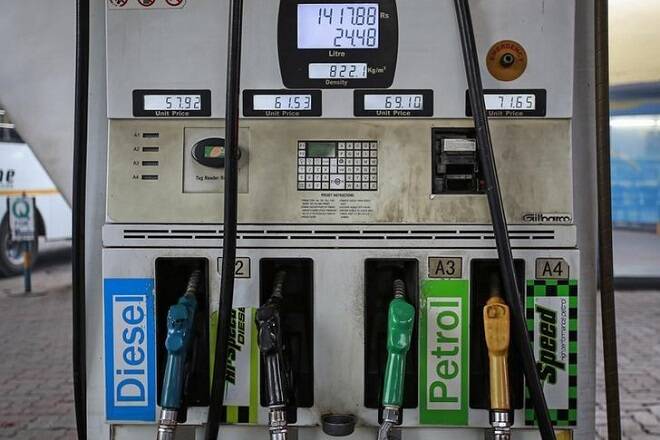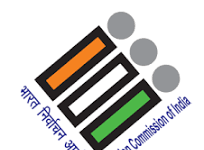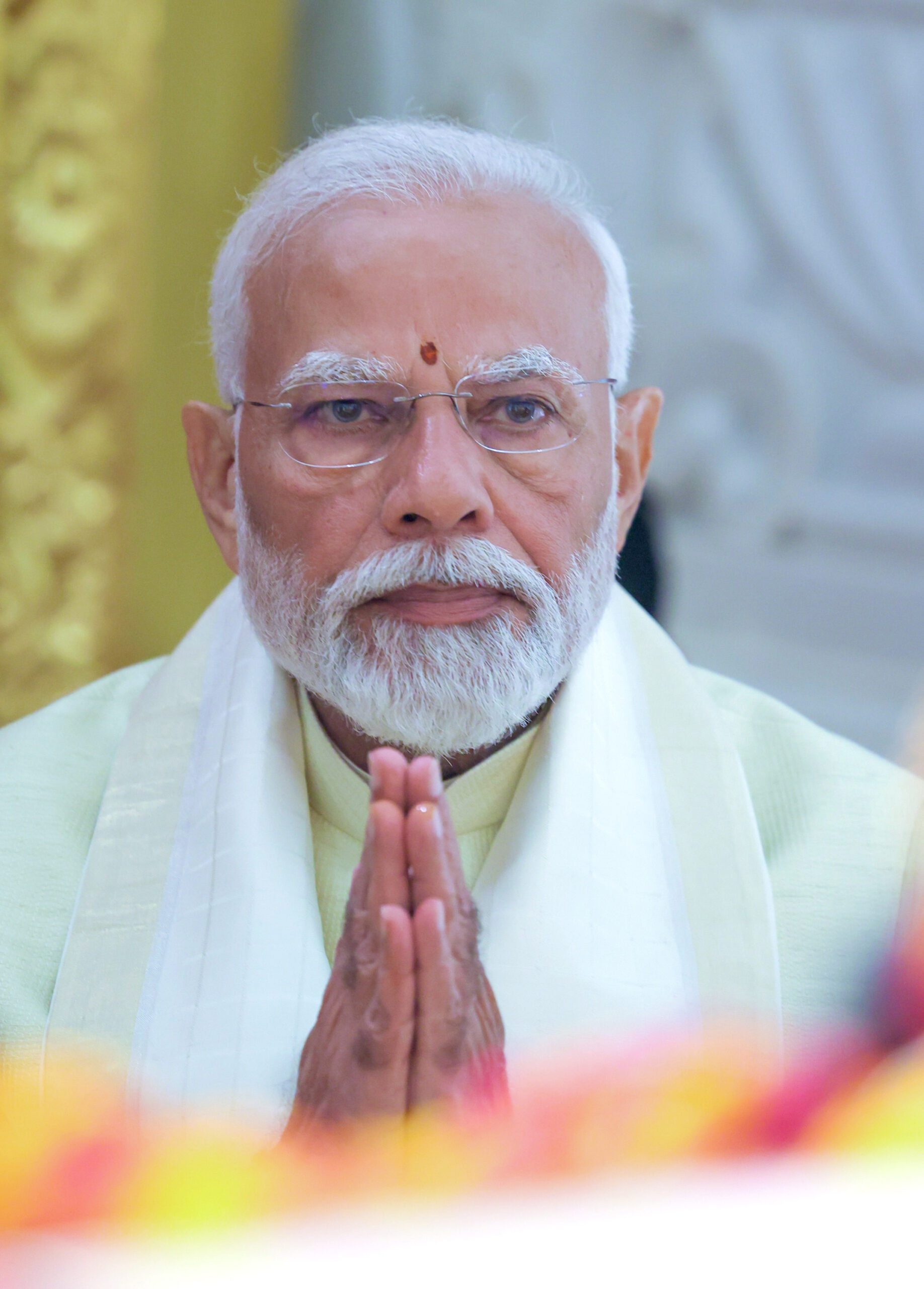
High fuel taxes, along with a rise in global crude oil prices, have made life tough for millions of Indian families, putting Economic recovery at risk.
As state-run oil marketing companies (OMCs) continue to revise rates, retail prices of petroleum products are reaching new highs every day.
Petrol prices have exceeded Rs 100 per liter in several areas, while diesel prices are gradually approaching 3 digits. Buying petrol in large Indian cities such as Mumbai would make pockets empty. India now has the highest fuel prices among its border countries. The prices are anticipated to rise more as global oil prices settle.
Experts have warned that surging fuel prices might badly disrupt India’s economy, which is already suffering from the 2nd wave of Covid-19. High petrol & diesel prices have impacted not only car owners, but also two-wheeler owners.
As the country was on lockdown for most of 2020, the central government maintained raising fuel taxes. Despite a drop in global crude oil prices, the excise charge was more last year.
The administration said that the price hikes were necessary to maintain revenue as other sources of revenue, such as GST and income tax, had collapsed. As of the current state of consumer sentiment, experts believe that increasing fuel prices and the cascade effect they have on other commodities will eventually drop.
Even India’s increasing middle class, which is seen as the engine that drives the country’s economy, is struggling financially as fuel and diesel prices rise. Rising fuel costs have resulted in a significant increase in retail inflation, influences the price of a variety of essential goods and services for citizens.
Experts say that if the government continues to disregard growing fuel prices, economic recovery will be difficult. The earnings of the commodity would collapse if it becomes expensive.
To avoid this, the government should reduce excise duty to some level, as this will bring relief to customers and result in increased sales and revenues.






